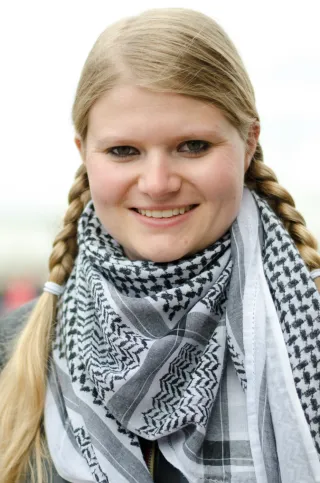Master 2 subject
Religious Studies, Master 2 subject
- How do religious texts originate?
- Is religion becoming less and less important in the modern age?
- Which role does religion play in the migration process?
- Are some religions really more dangerous than others?
- What is religion actually?
Profile |
|
|
Degree
|
Master of Arts
|
|
Start
|
Winter- and summer semester
|
|
Duration
|
4 semesters
|
|
Classroom language
|
English
|
|
Admission
|
Not restricted, application at the faculty required
|
Other degree programs in the subject
rub


